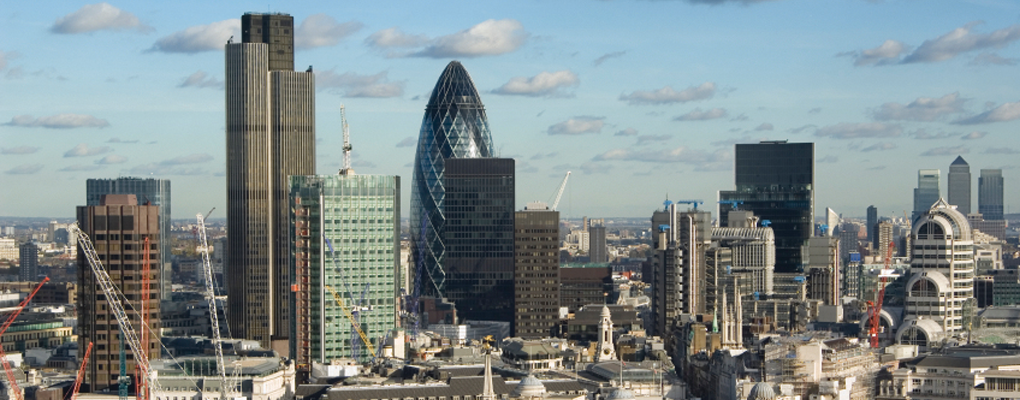This is according to new analysis published today (6th March) by the think tank Centre for Cities, which offers the first city-by-city breakdown of how firms across England and Wales will be affected on average by the business rates revaluation taking place in April.
It shows that while media and political attention has focused primarily on the downsides of business rate changes, average rates will rise in only two cities – London and Reading – the UK’s most prosperous cities in terms of average wages, which face increases of 9% and 6% respectively (1).
In contrast, firms in all other cities in England and Wales will on average benefit from a decrease in rates, particularly in less economically vibrant places across the North and Wales – with the biggest decreases to be found in Blackburn (25%), Blackpool and Newport (both 24%).
The new analysis also includes a number of other findings which should be important considerations for the Government ahead of the business rates revaluation and the upcoming budget:

- Businesses in Central London will contribute more than a fifth (21%) of the overall business rates intake for England and Wales in 2017, reflecting the economic success of the capital’s city centre. This is more than the total business rates intake for the next biggest 19 cities combined, including Manchester, Leeds, Birmingham and Bristol.
- While concerns about the revaluation have focused largely on small businesses, large firms will be most affected by increases in rates. The new exemption from business rates for firms based in properties with a rateable value of £12,000 or less, along with the stipulation that the total revenue generated by the tax must remain constant, means that larger businesses will have to make up the shortfall. Rates for firms with a rateable value over £70,000 in 2017/18, will increase on average by 7% increase.
- Ninety-four of the 100 properties set to see the largest total increase in rates are in London, and three are in Reading. This list is headed up by Harrods, which will see its rates increase by £6,000,000 in 2017. In contrast, Southend has the highest share of properties which will be exempt from rates (70%), followed by Preston and Basildon (50%).
Commenting on these findings, Andrew Carter, Director of Research and Policy at the Centre for Cities, said:
“Despite widespread concern, business rates changes will benefit the vast majority of firms in cities across the country. The real problem is that revaluations don’t take place often enough, with the last one coming in 2010. Firms in less prosperous cities across the North, Midlands and Wales have been overpaying on rates, while businesses in the South East have been undercharged and now face a significant shock.
“The Government should put in place transitional help for the businesses most affected, but it must also resist calls to delay or scrap the changes. Instead revaluations should take place annually to make business rates more accurate and timely, and to reduce volatility for firms in successful cities. The Government should also drop the stipulation that total business rates revenue remains constant, and instead introduce a fixed rate which would make the system more responsive to the wider economy and the ability of firms to pay.”


